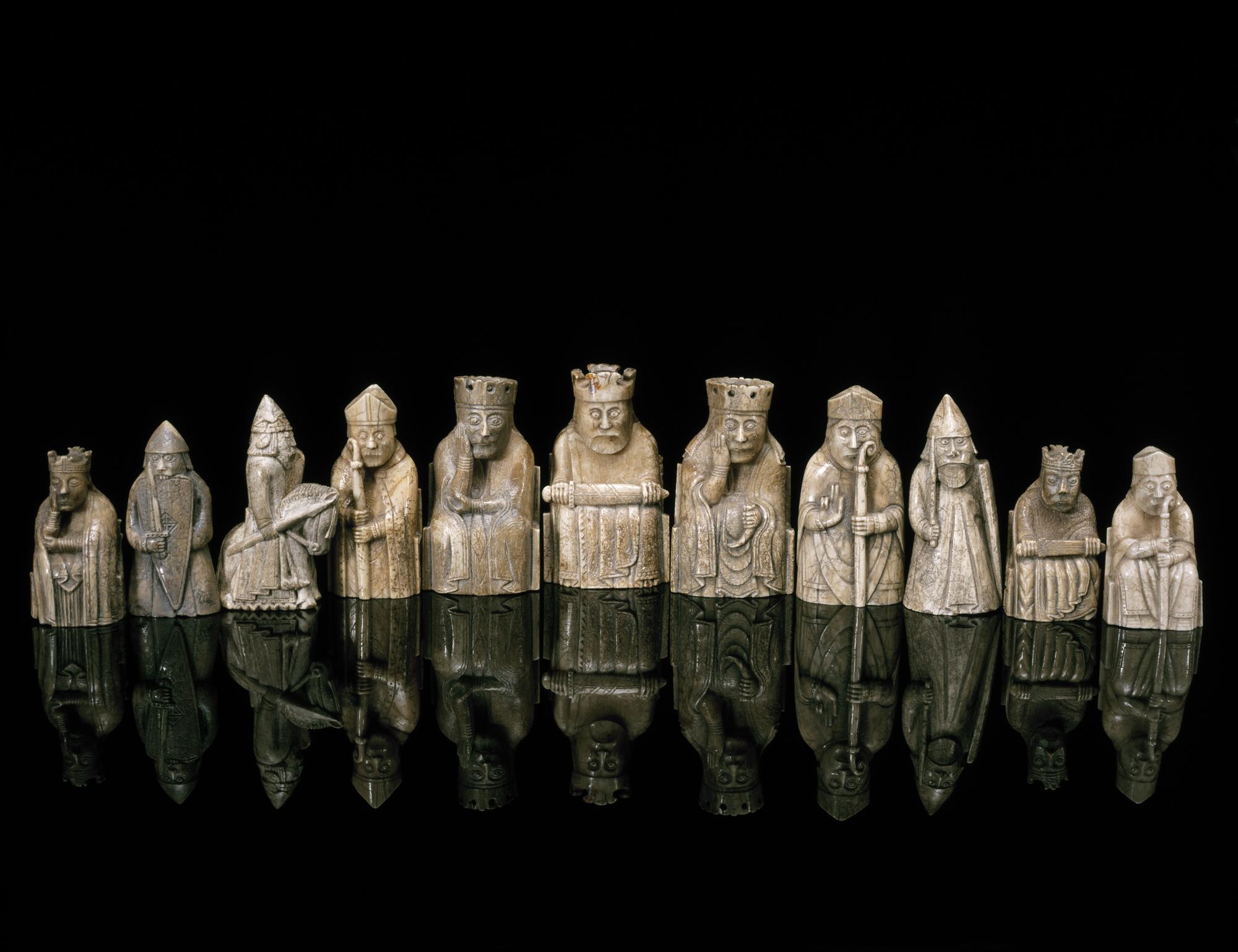Chess 101
- Introduction to Chess
- Rules of the Game
- Tactics
- Strategy & Planning
- Advanced Endgame Techniques
- Planning & Execution
- Notable Games Analysis
- Chess Psychology
- Training & Improvement
Introduction to Chess
The History and Impact of Chess

Aspect of history.
Chess, often referred to as the "game of kings," has a rich and fascinating history that spans over a thousand years. This strategic board game has not only stood the test of time but has also had a profound impact on various aspects of society and culture around the world.
Origins of Chess
The origins of chess are somewhat shrouded in mystery, with several theories suggesting different birthplaces. The most widely accepted theory is that chess originated in northern India in the 6th century during the Gupta Empire. The game was then known as "chaturanga," which translates to "four divisions of the military" - infantry, cavalry, elephants, and chariotry, represented by the pawn, knight, bishop, and rook respectively.
From India, the game spread to Persia, where it was known as "shatranj." The rules of shatranj were modified slightly from chaturanga, and the pieces took on some of the forms that we are familiar with today.
Evolution of Chess
Chess continued to evolve as it spread across the globe. The game reached Western Europe and Russia by the 9th century. By the end of the 15th century, the rules were changed to resemble the modern game, with enhanced movements of the queen and bishop.
The 19th century saw the birth of competitive chess tournaments, with the first international chess tournament taking place in London in 1851. The World Chess Federation (FIDE) was formed in 1924, and the first World Chess Championship was held in 1886.
Impact of Chess
Chess has had a profound impact on society and culture. It has been used as a metaphor for human affairs and has influenced military strategy, mathematics, artificial intelligence, and literature.
In education, chess has been linked to improved cognitive abilities, problem-solving skills, and academic achievement. It's a tool for developing strategic thinking and patience.
Chess also plays a significant role in fostering international relations. The "chess diplomacy" during the Cold War, highlighted by the 1972 World Chess Championship, known as the "Match of the Century" between American Bobby Fischer and Russian Boris Spassky, is a prime example of this.
Conclusion
The game of chess, with its humble beginnings, has evolved into a globally recognized sport with a rich history and significant societal impact. Understanding this history provides a deeper appreciation for the game and sets the stage for learning the strategies and tactics that have been developed over centuries of play.